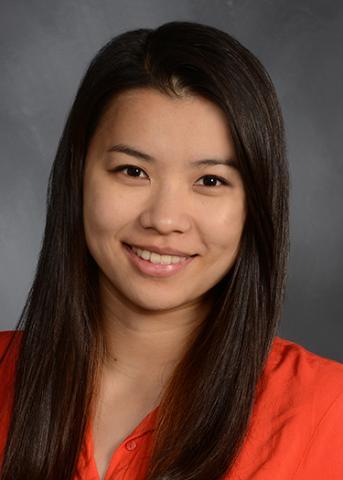The Weill Cornell Department of Medicine is a major center for biomedical research. Among the first groups of institutions to receive a $49 million Clinical and Translational Science Award from the NIH, Weill Cornell Medicine is home to world-renowned faculty and state-of-the-art research facilities. Close collaborations with our neighboring institutions, Memorial Sloan Kettering Cancer Center, Rockefeller University, and Hospital for Special Surgery, further enrich research opportunities and mentorship available to our residents.
All categorical and primary care track residents participate in a two-week Core Research Curriculum at the start of their PGY-2 year. The curriculum offers an introduction to foundational principles in basic science, translational, and clinical research, and skills-based workshops for biostatistics, data management, and manuscript preparations. Individualized mentorship allows residents to tailor the Core Research experience to their areas of interest and develop project proposals by the conclusion of the rotation.
Residents are encouraged to attend scientific meeting(s) to present their scholarly work during their 36‐month training period. To support this activity, the NYPH GME provides an annual stipend for education in the amount of $1,000. The resident may request additional funds from the Department of Medicine via formal application to be considered on a case-by-case basis .

Nicole Ng, M.D.
PGY-3
Nicole Ng is currently a third-year Internal Medicine resident at NewYork-Presbyterian Hospital/Weill Cornell Medical Center. Throughout her studies she has been devoted to community outreach, establishing health fairs and screenings for diverse patient populations with a focus on serving the Asian American, Native Hawaiian, and Pacific Islander communities. As part of both national organizations and local clinics, Nicole has organized many educational and advocacy activities to discuss specific health concerns in minority populations. Her recent research examines racial and ethnic disparities in living donor liver transplantation and perceptions of healthcare experiences among vulnerable populations with cirrhosis.
In residency, she has not only continued her outreach efforts through volunteering and presenting health seminars on liver health and vaccinations at community centers, but also further cultivated her interest in medical education through curricular design and dedicated teaching activities. After earning an Early Career Investigator Award in Healthcare Disparities Research, Nicole was later selected to be an Emerging Liver Scholar by the American Association for the Study of Liver Diseases (AASLD). She aspires to become a transplant hepatologist who strives to improve access to liver care through her research and community work.